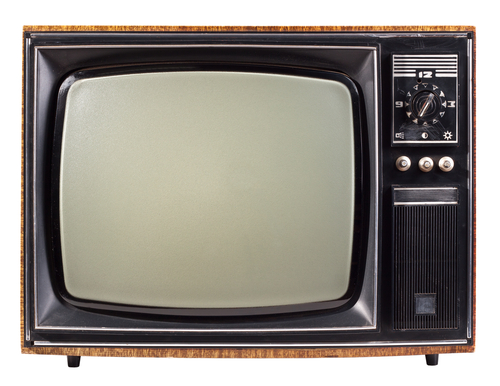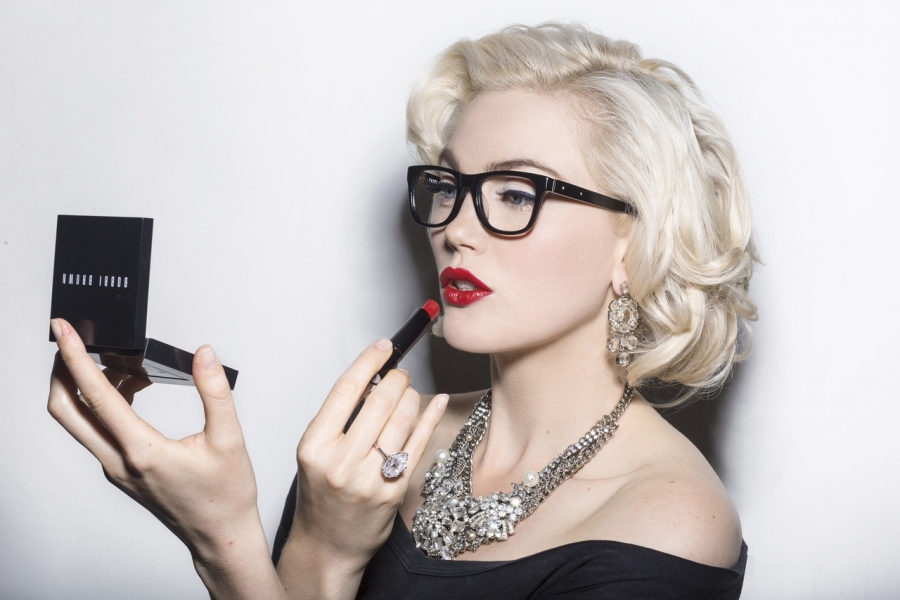|
In-Your-Face Fitness: Vanity can be a healthy asset
Posted on: 02/27/12
 Exercising to maintain good looks is great because it helps you stay healthy You're so vain. You probably think this column is about you. Carly Simon may be down on vanity, but I'm cool with it, so long as you don't go off the deep end. (I'm talking to you,Heidi Montag.) The desire to look good can be a powerful motivator for achieving health and fitness. "People are hard-wired to strive to look better because it brings benefits throughout life, be it in mate selection, employment opportunities, salary or life in general," I was told by Gordon Patzer, a professor of business administration at Roosevelt University in Chicago and the author of six books on the physical attractiveness phenomenon. Patzer explained that there is actually a "beauty premium" paid to good-looking people. On average, in the U.S., they make 5% more than average-looking people, who in turn make 10% more than those deemed unattractive. So anyone who transforms from hippo to hottie can expect to earn nearly 16% more a year. No wonder beauty is such big business. As Aristotle said more than 2,000 years ago, "Personal beauty is a greater recommendation than any letter of reference." Patzer agrees that, when applied properly, vanity can be great for physical well-being because of the myriad health benefits that come with regular exercise. He also believes it's a common reason why people hit the gym or running trails: "While many people state they are pursuing fitness for health reasons, the truth is that these are often secondary to their desire to look better. In the back of their minds they're killing two birds with one stone." What's more, it can be a lasting driver, he says: "It will keep us going back to maintain our new look." That new look isn't just from the neck down, Patzer adds. "Slimming down will certainly make their face more aesthetically pleasing," he told me. "If their features are well-defined, then this is considered to be more attractive. Weight loss creates a more chiseled look." Don't let that third helping of bacon fill out your chin hole. Vanity can go sideways if we put too much emphasis on it, though. "It can cross a line where we get into anorexia and bulimia, or people who do too much exercise and cause injury," Patzer says. "We can also go too far by getting radical plastic surgery, taking anabolic steroids or dangerous weight losssupplements, or going on crash diets." Consider the toxic stew that is professional bodybuilding and the words of five-time Mr. Olympia Bill Pearl: "The guy left standing on the stage today at the end of a bodybuilding show is probably the guy in the arena who is closest to death." That's messed up. And in any case, when you take vanity goals too far, you get the opposite effect. Patzer says: "We want [people] to be naturally attractive. We don't judge them as favorably if they had to do it through surgery, lots of cosmetics or taking a physique to an extreme like a bodybuilder." The popularity of websites like AwfulPlasticSurgery.com amply back up this statement. But there is also science. In 2007, researchers at UCLA published a compilation of six studies of why muscularity is sexy — and uncovered an inverted "U" of physical attractiveness. In one of the studies, 141 college women looked at six computer-generated male physiques (with the faces blocked out) to assess sexual desirability. "Women rate muscular men as sexier, more physically dominant and volatile, and less committed to their mates than nonmuscular men," the authors noted in their paper in the Personality and SocialPsychology Bulletin. I don't know about my volatility, but I've been committed to one woman for more than two decades. So there. The most interesting part of the study was the finding that "men with moderate muscularity are rated most attractive" and that the more brawny bodybuilder physique is deemed less desirable. Just one more reason to avoid anabolic steroids. So what do men prefer? A 2009 study in the Journal of Personality and Social Psychology reveals that the No. 1 desired trait is for our mates to be thin. The study, which involved 4,000 men and women ages 18 to 70 looking at a series of photos, didn't say anything about women who are too thin, but judging by the frequent media backlash against stars who lose too much weight and based on my own anecdotal experience — meaning what I chat about it with guys in the locker room — I'd say retaining curves is good. Most men I know don't go for the praying mantis look. Overall, I don't believe there is anything wrong with using vanity to motivate you toward becoming a regular exerciser and improving your diet, as long as it's done in a mindful way that doesn't sacrifice health and performance. If your vanity goals sacrifice health or performance, then just say nope. Personally, I like motivational drivers that make me look good and give me a better-functioning body that will last a long time. For me, that has led to cutting back on booze and junk food to stay slim rather than popping some weight loss pill of dubious efficacy and questionable safety. And I prefer running as opposed to something like an elliptical trainer because it's more performance-oriented; by doing it, I'm building a functional skill. And when I meet with new clients, one of the first things I do is assess their vanity goals. Some are embarrassed to admit that they want to do things like lose belly fat or tighten up their butts, but I tell them it's OK to embrace those feelings, as long as it's in a manner that also improves health and increases physical performance. Finally, let's give vanity-as-a-health-motivator one last plug: Know that smoking and excessive sun exposure cause wrinkles. Maybe if those PSAs put less focus on cancer and stressed that cigarettes and tanning turn you into a piece of beef jerky, more people would pay attention. COMMENTS
Be the first to post a comment! Post A Comment:

|
.gif)



.jpg)

